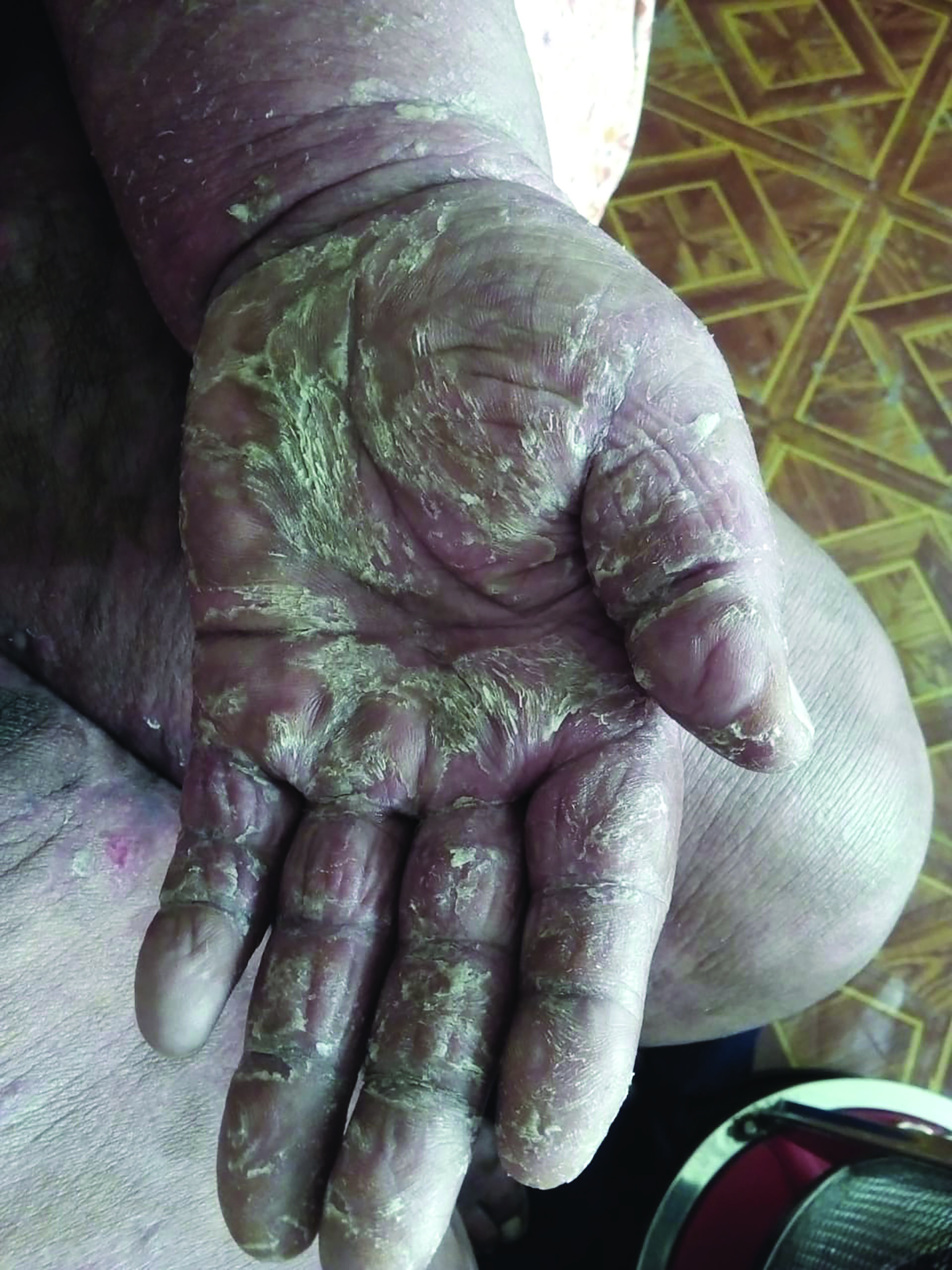… Safety verification underway
Lesotho is moving closer to realising its first-ever Cancer Center, a development set to dramatically improve access to cancer treatment, as the Radiation Protection Agency (RPA) dedicates a full week to verifying the facility’s safety and design standards.
The RPA, the national body responsible for regulating the use of radiation, is currently hosting Dr. Vera Uushona from Namibia, an expert on assignment from the International Atomic Energy Agency (IAEA), to provide critical support in the authorisation process.
During an exclusive media engagement on Wednesday, RPA officials, including CEO Mqekela Khesa and Manager of Inspection, Policy Development and Enforcement Mojalefa Sello, outlined the rigorous multi-stage licensing process required for such a facility.
Authorising a centre that uses high-level radiation is a complex procedure designed to ensure maximum safety for patients, staff, and the public. The licensing process is divided into three critical phases, starting with the verification of designs, calculations, and safety assessments.
“If they are okay, then we can issue the license to construct or begin the construction. This step ensures that the plans, including the thickness and design of the radiation shielding, meet national and international standards,” explained Sello.
The final phase takes place after construction, when the RPA verifies that walls and safety features are properly installed and that the equipment procured matches the specifications outlined in the initial designs.
“Once that is done and the RPA is convinced that everything is compliant, the commissioning license will be issued, ensuring people are protected,” Sello added.
CEO Khesa emphasised the importance of compliance during this initial review.
“This is the most critical stage. Licensing the wrong designs could result in a major disaster,” he warned. “Constructing without authorisation could force the facility to dismantle and start over if safety problems are identified — a costly and time-consuming setback.”
RPA officials acknowledged that a major challenge in their work has been limited understanding of radiation risks and the necessity of regulation, not only in medical facilities but also in sectors such as mining and road construction.
“People are still not fully aware of the risks associated with radiation,” Sello noted. Unlike standard hospitals, radiation-intensive facilities require specialised construction, including walls “twice or thrice as thick as those in regular buildings,” to safely contain radiation.
Summary
- Lesotho is moving closer to realising its first-ever Cancer Center, a development set to dramatically improve access to cancer treatment, as the Radiation Protection Agency (RPA) dedicates a full week to verifying the facility’s safety and design standards.
- The final phase takes place after construction, when the RPA verifies that walls and safety features are properly installed and that the equipment procured matches the specifications outlined in the initial designs.
- RPA officials acknowledged that a major challenge in their work has been limited understanding of radiation risks and the necessity of regulation, not only in medical facilities but also in sectors such as mining and road construction.

Ntsoaki Motaung is an award-winning health journalist from Lesotho, specializing in community health stories with a focus on sexual and reproductive health and rights, as well as HIV. She has contributed to platforms like “Be in the KNOW,” highlighting issues such as the exclusion of people with disabilities from HIV prevention efforts in Lesotho.
In addition to her journalism, Ntsoaki serves as the Country Coordinator for the Regional Media Action Plan Support Network (REMAPSEN). She is also a 2023 CPHIA Journalism Fellow.








